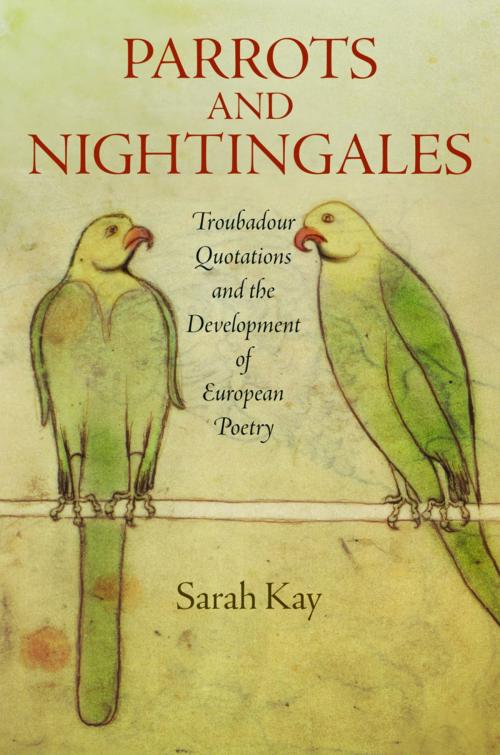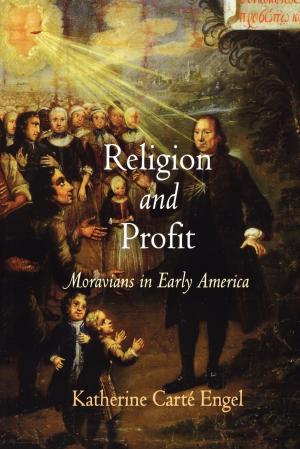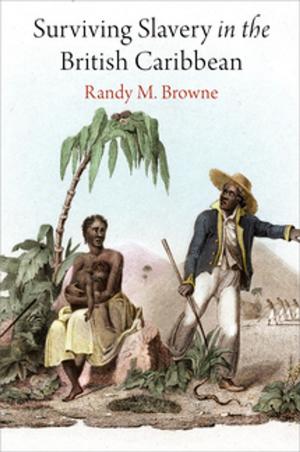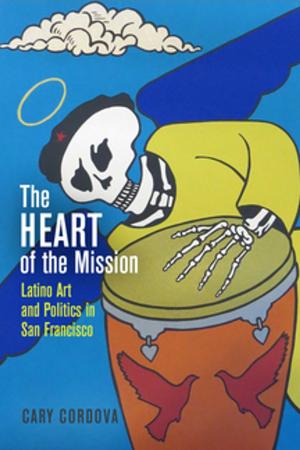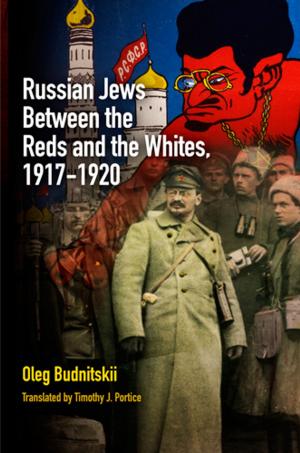Parrots and Nightingales
Troubadour Quotations and the Development of European Poetry
Fiction & Literature, Literary Theory & Criticism, Medieval, Poetry History & Criticism| Author: | Sarah Kay | ISBN: | 9780812208382 |
| Publisher: | University of Pennsylvania Press, Inc. | Publication: | August 22, 2013 |
| Imprint: | University of Pennsylvania Press | Language: | English |
| Author: | Sarah Kay |
| ISBN: | 9780812208382 |
| Publisher: | University of Pennsylvania Press, Inc. |
| Publication: | August 22, 2013 |
| Imprint: | University of Pennsylvania Press |
| Language: | English |
The love songs of Occitan troubadours inspired a rich body of courtly lyric by poets working in neighboring languages. For Sarah Kay, these poets were nightingales, composing verse that is recognizable yet original. But troubadour poetry also circulated across Europe in a form that is less well known but was more transformative. Writers outside Occitania quoted troubadour songs word for word in their original language, then commented upon these excerpts as linguistic or poetic examples, as guides to conduct, and even as sources of theological insight. If troubadours and their poetic imitators were nightingales, these quotation artists were parrots, and their practices of excerption and repetition brought about changes in poetic subjectivity that would deeply affect the European canon.
The first sustained study of the medieval tradition of troubadour quotation, Parrots and Nightingales examines texts produced along the arc of the northern Mediterranean—from Catalonia through southern France to northern Italy—through the thirteenth century and the first half of the fourteenth. Featuring extensive appendices of over a thousand troubadour passages that have been quoted or anthologized, Parrots and Nightingales traces how quotations influenced the works of grammarians, short story writers, biographers, encyclopedists, and not least, other poets including Dante and Petrarch. Kay explores the instability and fluidity of medieval textuality, revealing how the art of quotation affected the transmission of knowledge and transformed perceptions of desire from the "courtly love" of the Middle Ages to the more learned formulations that emerged in the Renaissance. Parrots and Nightingales deftly restores the medieval tradition of lyric quotation to visibility, persuasively arguing for its originality and influence as a literary strategy.
The love songs of Occitan troubadours inspired a rich body of courtly lyric by poets working in neighboring languages. For Sarah Kay, these poets were nightingales, composing verse that is recognizable yet original. But troubadour poetry also circulated across Europe in a form that is less well known but was more transformative. Writers outside Occitania quoted troubadour songs word for word in their original language, then commented upon these excerpts as linguistic or poetic examples, as guides to conduct, and even as sources of theological insight. If troubadours and their poetic imitators were nightingales, these quotation artists were parrots, and their practices of excerption and repetition brought about changes in poetic subjectivity that would deeply affect the European canon.
The first sustained study of the medieval tradition of troubadour quotation, Parrots and Nightingales examines texts produced along the arc of the northern Mediterranean—from Catalonia through southern France to northern Italy—through the thirteenth century and the first half of the fourteenth. Featuring extensive appendices of over a thousand troubadour passages that have been quoted or anthologized, Parrots and Nightingales traces how quotations influenced the works of grammarians, short story writers, biographers, encyclopedists, and not least, other poets including Dante and Petrarch. Kay explores the instability and fluidity of medieval textuality, revealing how the art of quotation affected the transmission of knowledge and transformed perceptions of desire from the "courtly love" of the Middle Ages to the more learned formulations that emerged in the Renaissance. Parrots and Nightingales deftly restores the medieval tradition of lyric quotation to visibility, persuasively arguing for its originality and influence as a literary strategy.
